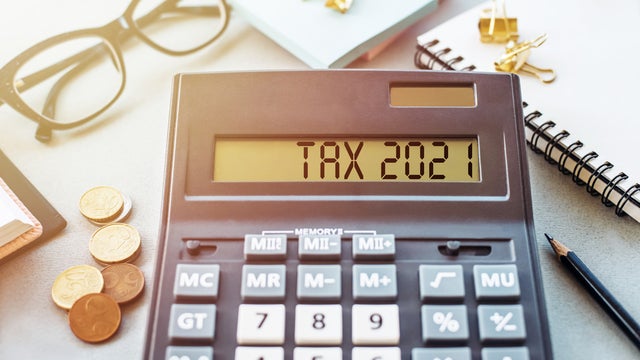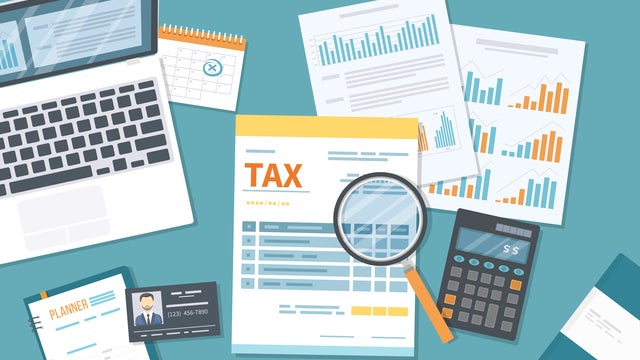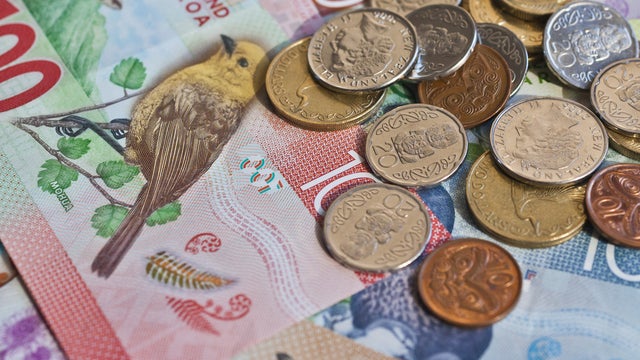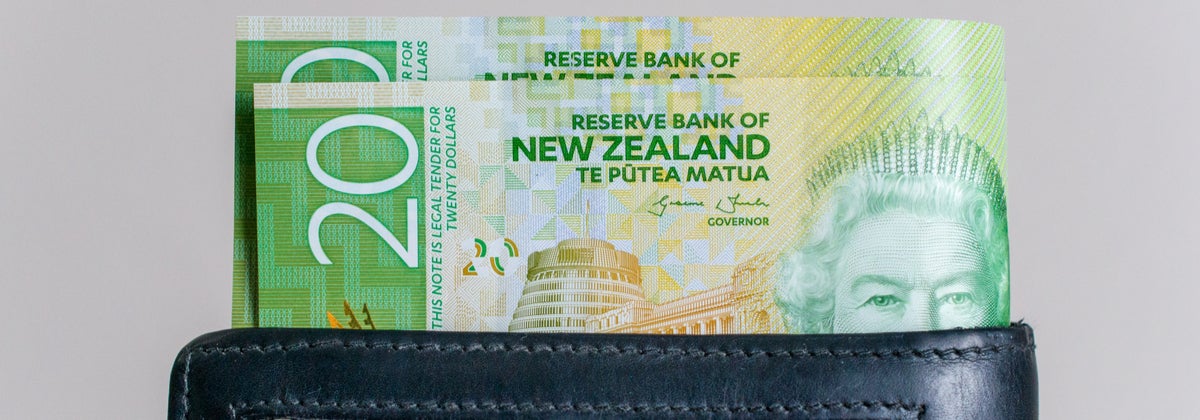How Much Tax Do You Pay in NZ? In this story we cover:
- What exactly is tax?
- How to pay income tax
- How do taxes work if I’m self-employed?
- What is a tax refund?
- What is secondary tax?
- I think my tax code is incorrect, how can I change it?
What exactly is tax?
The New Zealand government relies on taxes to help fund services that benefit all Kiwis. Taxes are paid to Inland Revenue — that’s the government’s tax department, also known as the IRD. No matter how much income you earn, a tax liability will arise on every dollar.
Types of tax
Individuals and businesses in NZ must pay tax on income. The government also collects taxes from the sale of some goods and services.
- Income tax — tax on what you earn — is commonly known as Pay-As-You-Earn or PAYE
- Goods and services tax — tax on things you buy — is commonly known as GST
Our GST system is simpler than similar systems in other countries. GST is a flat rate tax of 15%, and it’s added to the price of most goods and services when you buy them, including some you buy from overseas suppliers.

How do I pay income tax?
The rate of income tax you must pay depends upon your total income for the tax year, which runs from April 1 to March 31. There are five PAYE tax brackets for the 2021-2022 tax year: 10.50%, 17.50%, 30%, 33% and 39%. The rates:
- 39%: $180,001 upwards
- 33%: $70,001 to $180,000
- 30%: $48,001 to $70,000
- 17.5%: $14,001 to $48,000
- 10.5%: $0 to $14,000
In NZ, we have a progressive tax system. This means if you earn $50,000, you won’t be taxed at 30% on the whole sum. Rather 10.5% on the first $14,000, 17.5% on the next $34,000, and 30% on the remaining $2000.
Your employer will take PAYE tax from your salary or wages before they pay you and pay it to Inland Revenue on your behalf. Inland Revenue works out how much personal tax you have to pay automatically. But some people have to file an individual tax return (IR3) to declare their income.
An IR3 is a statement of how much income you have earned over the tax year. It includes money earned from a range of sources, like salary and wages, overseas income, superannuation, investments and rental income.
How do taxes work if I’m self-employed?
If you’re self-employed you use your individual IRD number to pay tax. You pay tax on net profit by filing an individual income return. Additionally, you can claim back the GST on business expenses by registering for GST. If you are self-employed and earn over $60,000 a year, you need to be GST registered. If you’re self-employed, you need to complete an individual tax return (IR3) each tax year.
What is a tax refund?
Most people automatically get a tax refund if they’re owed one, but who gets automatic refunds exactly? Your refund will be automatic if your income is from:
- Employment (such as salary and wages)
- Investments (such as interest or dividends under $200 from bank deposits or savings)
- Employee share-scheme benefit where tax is already deducted
- Schedular payments
- Income-tested benefits
- Taxable Māori authority distributions
- New Zealand superannuation (NZ Super)
If you have an account with IR, and they have your bank account information, they’ll deposit your refund. You don’t have to do anything. You can log in to Inland Revenue to see if you have a refund.

What is secondary tax?
If you have more than one source of income, you pay something called secondary tax. This means you’ll pay the right amount of tax so you don’t get a bill at the end of the year. The amount of secondary tax you pay depends on the secondary tax code you give your employer or payer.
I think my tax code is incorrect, how can I change it?
You might need to adjust your tax code on all your sources of income so that you pay the right amount of tax if you:
- Stop working
- Change jobs
- Start a new job, or
- Begin receiving money from another source, such as NZ Superannuation
To change your tax code, you need to complete a Tax Code Declaration form. The form will help you work out the right tax code for your situation. Hand your form into your employer or to Work and Income and they’ll adjust the amount of tax taken from your wages, salary or pension payments.
Is KiwiSaver taxed?
Yes. Your KiwiSaver scheme invests your contributions so they earn money for you. You pay tax on the money your investments earn. Withdrawals, on the other hand, from your KiwiSaver scheme are tax-free. Want to know exactly how KiwiSaver works and how to make sure you’re getting maximum savings? Check out our story: How to Maximise Your KiwiSaver.

Canstar provides some great tips on what to look out for on your KiwiSaver statement. We also have an article that breaks down the basics of KiwiSaver for young people. The more informed you are as an investor, the better the decisions you’ll be able to make, which should help you build more funds towards retirement or that all-important first-home deposit.
Compare KiwiSaver Providers For Free With Canstar!
Enjoy reading this article?
You can like us on Facebook and get social, or sign up to receive more news like this straight to your inbox.
By subscribing you agree to the Canstar Privacy Policy




Share this article